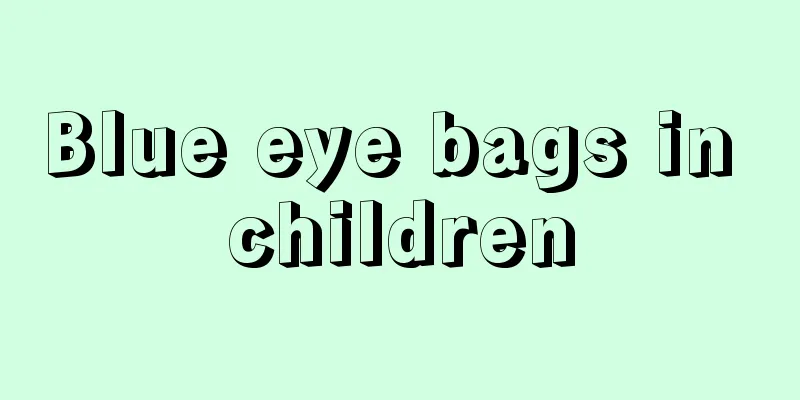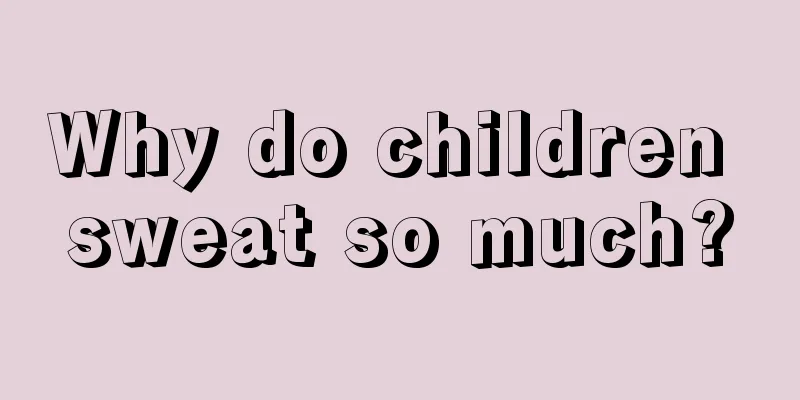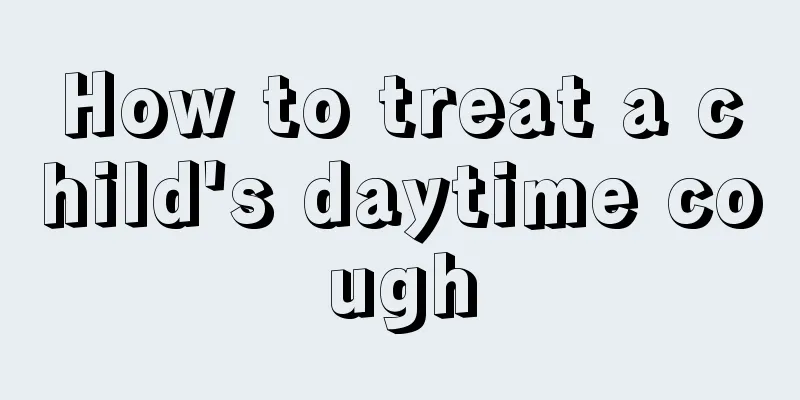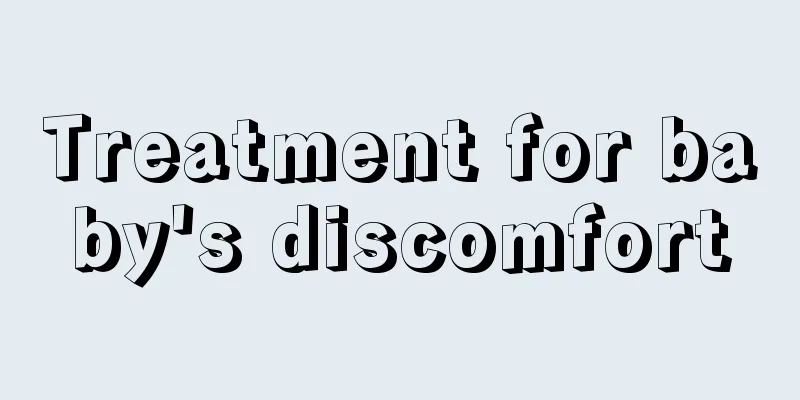How to treat children's enlarged nasal conchae?

|
Turbinate hypertrophy is now a common disease. It affects not only adults but also babies due to various reasons. The patients may suffer from turbinate hypertrophy, such as severe nasal congestion, snoring during sleep, memory loss, etc. Many parents do not know what to do if their baby has turbinate hypertrophy. The editor has listed some treatment methods and effects for baby turbinate hypertrophy, hoping to be helpful to everyone. 1. The use of vasoconstrictors and nasal drops is limited to mild cases. 2. Injection therapy for turbinate hypertrophy: The sclerosing agent is injected under the inferior turbinate mucosa. Its mechanism of action is that after the sclerosing agent is injected, it can cause a local chemical inflammatory reaction and produce scar tissue. 3. Electrocoagulation therapy for turbinate hypertrophy: Use submucosal electrocoagulation to coagulate the thickened mucosal tissue of the inferior turbinate to shrink the scar. 4. For cryosurgery of turbinate hypertrophy, a special cryotherapy head is placed on the surface of the inferior turbinate for freezing for 1 to 2 minutes each time, causing the diseased mucosa to necrotize and fall off, thereby regenerating the mucosa. 5. Traditional surgical treatment for turbinate hypertrophy is suitable for cases where general treatment has no effect, or when the mucosa is significantly thickened, or the thickened part is located at the posterior end or lower edge of the inferior turbinate. Inferior turbinate partial resection or middle turbinate partial resection can be used. It is not appropriate to remove too much inferior turbinate. In principle, it should not exceed 1/3 of the inferior turbinate to avoid affecting the function of the nasal mucosa or causing secondary atrophic rhinitis. For patients with bony hypertrophy, inferior turbinate muco-periosteal resection is recommended, which can improve nasal ventilation and drainage without damaging the physiological function of the nasal mucosa. The above article introduces several treatment methods for baby's enlarged nasal concha. Everyone should have a preliminary understanding now. The baby's body functions have not yet fully matured, so it is more prone to disease. I hope that parents and friends must pay attention to it. They must pay attention to the baby's physical development. If any abnormality is found, timely examination and treatment should be carried out. |
<<: What are the clinical manifestations of ADHD in children?
>>: Can a child be cured if he or she has asthma?
Recommend
How to regulate children's dreams at night
Although dreaming is a relatively normal phenomen...
My baby's heart is beating fast, what's going on?
Heartbeat is an important function of the heart. ...
6 month old baby schedule
Reasonable planning of your baby's daily sche...
What should I do if my child has atrial septal defect?
Many people may not know what atrial septal defec...
Mixed feeding vomits when drinking breast milk
The gastrointestinal structure of babies is diffe...
What should children eat if they sweat easily?
Many friends, when examining themselves or their ...
What causes children to wet the bed?
It is quite common for children to wet the bed. A...
What is the temperature range of water for babies?
The healthy diet of babies is related to their ph...
How many days does it take to wean a baby?
In fact, at the beginning, the most nutritious fo...
What is the reason for the redness and pain of the little girl's vulva?
When a little girl has redness and pain on her vu...
What to do if your child's armpits have odor?
We sweat normally, and usually we feel a bad smel...
What is the reason for a three-month-old baby's thick white tongue coating?
The baby's tongue coating may be thick and wh...
Function and indications of Roxithromycin Granules for Children
There are many common medicines for children. Whe...
Broken nails in children
Nails are very fragile. For some people, the shel...
What kind of fruit is good for children who don't like to eat?
Children sometimes have gastrointestinal discomfo...









